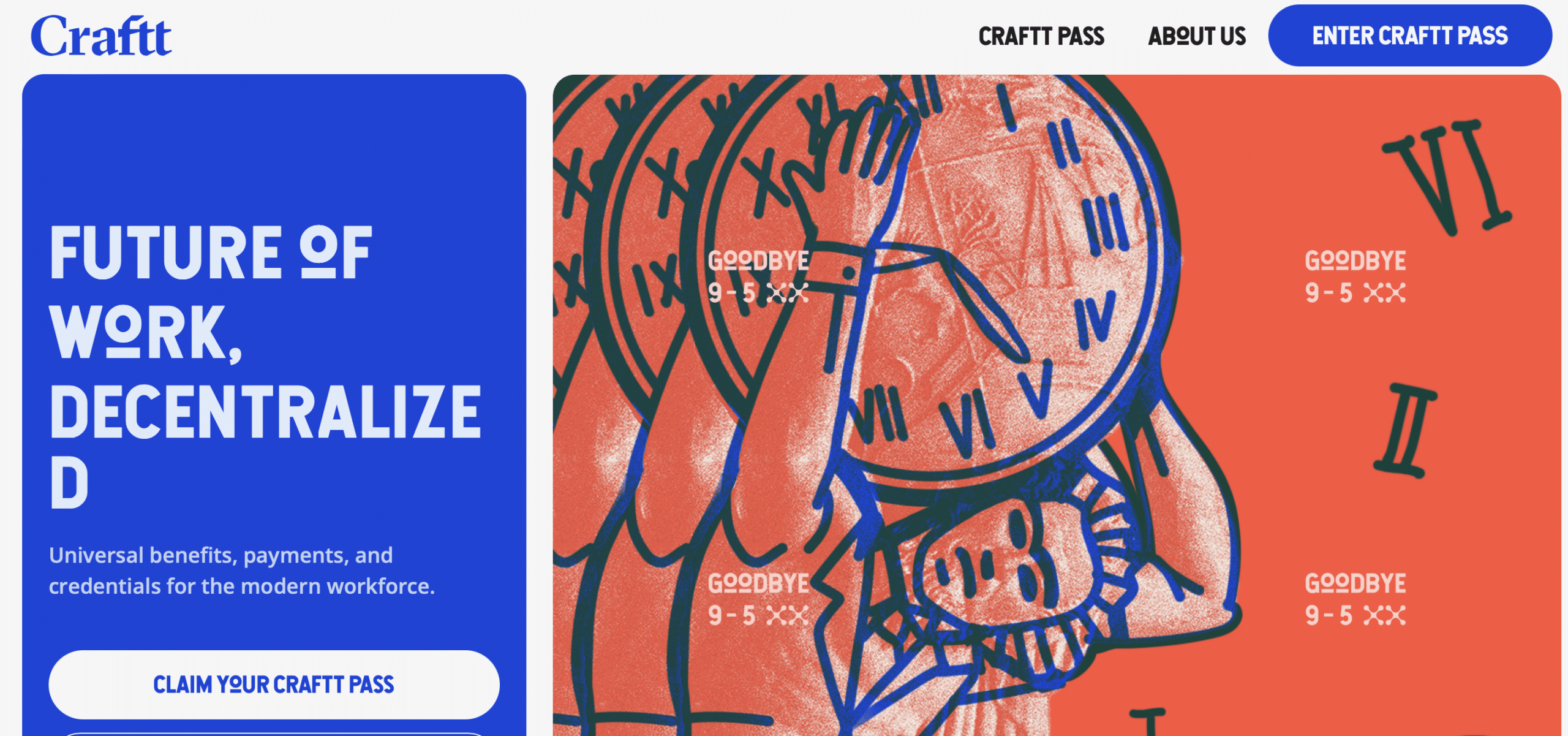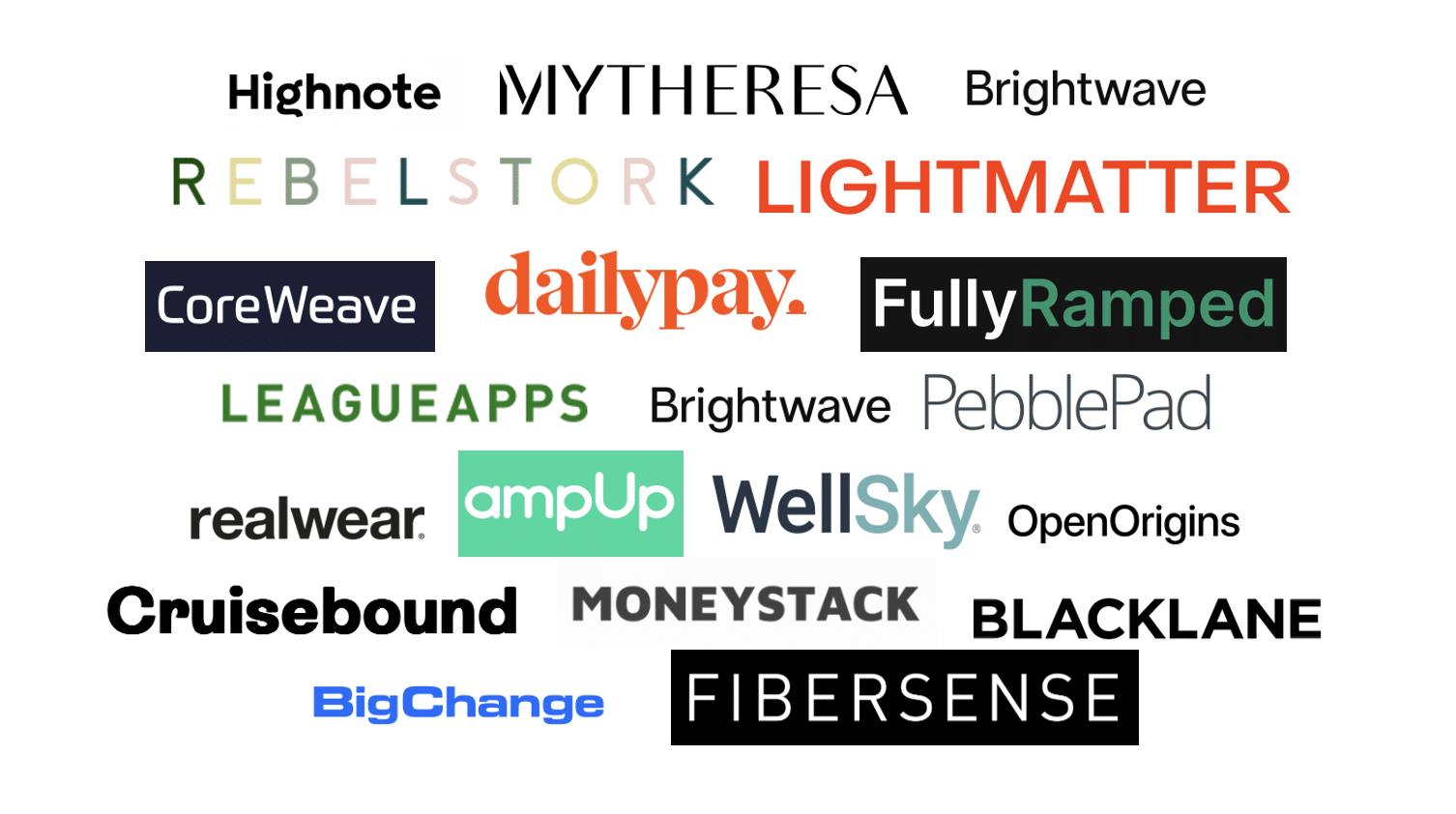Deep Dives
What is guiding branding in 2024 and what does successful branding look like? TFL routinely covers how companies are gaining traction among consumers when it comes to their brands and also how trends in branding are evolving over time: most recently, we dove into the rise of quiet logos (which follows from quiet luxury) – and you may recall the onset of blanding several years ago. Against that background, we wanted to dive deeper and consider what successful branding looks like from a different angle. As a result of the proprietary business data sets that we have compiled and continue to update on a daily basis, we look at a significant number of transactions, namely, funding rounds and merger-and-acquisitions.
With that in mind, we parsed the details of M&A and other investment transactions – upwards of 2,000 transactions across industries (from fashion and retail to auto, pharma, AI, ESG, etc.) that took place from September 1, 2024 to November 20, 2024 – to see what trends in branding we could identify. A few recurring themes stood out that may be particularly useful for those looking to launch new brands, sub-brands, or even branded products …
A few years ago, British asset manager Standard Life Aberdeen made headlines when it revealed that it would change the spelling of its name from Aberdeen to ABRDN, “abandoning the letter ‘e’ in phone-text fashion as part of a plan to modernize its brand,” Reuters reported. As TFL noted at the time, ABRDN was hardly the only company to either revamp existing branding or introduce new branding altogether that did away with vowels. The rise of companies with names like Kassl, SVNR (pronounced souvenir), SLVRLAKE, YSTRDYS TMRRW, VTMNTS, and GFT appeared to be a reflection of the fact that the number of brand names and corresponding social media handles, domain names, etc., are somewhat finite, or as some have argued, are potentially running out.

The influx of largely vowel-less brands in the market seemed like it could be a fleeting trend that established companies – like ABRDN – might walk back on (note: ABRDN is still ABRND almost five years later). It also raised questions (in my mind at least) about whether the brands with such oddly spelled names were setting themselves up for longstanding success in the market.
Our recent review of the market shows that not only has this branding-specific trend carried on since ABRDN launched its new branding back in 2021, but companies that are doing this are actually building attractive businesses that are raising funds and/or engaging in M&A transactions – both on the buyer or seller sides.
A review some of the Q3/Q4 investments and M&A reveals that more than 350 events involved companies that have adopted vowel-less or largely vowel-less brand names, which suggests that this slightly untraditional approach to branding is not unattractive to investors and/or acquirers.
A quick snapshot of some of the companies that have opted to brand themselves sans vowels (or largely sans vowels) includes …
> GIFTD, a Berlin-based startup turns unsold brand stock into exclusive marketing giveaways for brands and retailers, raised €535,000 in angel funding.
> Indivd, which provides an “end-to-end platform for modern retail customer experience management,” raised $1.4M.
> Rivrs, a Rennes, France-based developer of user-generated content video games for popular platforms, raised $4.4M in funding round.
> Nmbr, a Toronto, Canada-based payroll software provider, raised CAD $7.6M in seed funding.
> Wispr, a San Francisco, CA-based company building a natural way to interact with technology, raised $12M in funding.
> Ampd, a Singapore-based manufacturer of battery energy storage systems, raised $27.3M in Series B funding.
> Billd, an Austin, TX-based provider of financial solutions for commercial subcontractors, raised $17.5M in funding.
> Savr, a Stockholm, Sweden-based fintech company, received an undisclosed investment from Incore Invest.
> Wrksense, a Dublin, Ireland-based AI-driven HR tech startup, raised €825K in Pre-Seed funding.
In terms of registering these types of marks, the slightly off-kilter spelling may not enable these marks to be treated any differently than the proper spelling of the underlying word(s). In furtherance of Nike’s bid to register its SNKRS trademark, with the U.S. Patent and Trademark Office (“USPTO”) and the Trademark Trial and Appeal Board both viewed the mark as “essentially an abbreviated (or ‘disemvoweled’) version” of the word “sneakers.”
On the other hand, the USPTO allowed fashion brand Vetements (whose name means clothing in French) to claim in connection with at least one registration that “the wording VTMNTS has no meaning in a foreign language.”
As for trademark litigation involving vowel-less or largely vowel-less marks, a since-settled case pitting STIIIZY IP LLC against STZY LLC comes to mind.
On the flip side, at least some companies are adding vowels to their brand names in a likely effort to distinguish themselves from others. On this front, there is …
> Briink, a Berlin-based provider of AI-powered document analysis for ESG teams.
> Siit, a Paris-based provider of a AI-powered service desk solution for IT and internal operations teams.
> Waave, the global payments provider that was recently acquired by account-to-account payments provider Banked.
> Sociaaal, the New York-headquartered mobile app studio that specializes in building, buying, and publishing non-gaming apps for Gen Z.
> Craftt, a company that is developing a decentralized platform offering freelancers and remote workers access to universal benefits.
> Juunoo, an interior products manufacturer.

Also in the mix here … Marqii, a digital operations platform for companies in the hospitality sector; Homee, an AI-driven direct repair network; Cherre, a real estate data management and intelligence platform; and consultancy Elixirr.
The aforementioned companies come in the vein of a larger trend of companies adopting creative spellings for their brands, marking yet another way for them to stand out from other, potentially similarly-named companies in a crowded market. Of all of the data we looked at, creative approaches to spelling – or more specifically, intentionally misspelled takes on common words – was one of the most frequently utilized by companies across industries.
In this realm, companies like Syte (a visual AI-powered product discovery platform), Conduktor (a NYC-based provider of an Enterprise Data Management platform), FYLD (which enables fieldworkers to survey job sites with their smartphone or tablet), Snyk (a developer-oriented cybersecurity company), Modofi (a digital marketing agency), Thesys (an AI-powered user interface startup), Predikt (which assists financial teams in tracking revenue), and Rekt (the parent company behind the Rektguy NFT project, Rekt Drinks, and the Rekt brand IP) are among those that have raised funds in Q3/Q4 or engaged in M&A activity.

It is, of course, worth noting that trademark clearances are still necessary before adopting even seemingly unique spellings, as more companies opt to get creative with their brand names. Take Revyse (a Bend, Oregon-headquartered company that offers up vendor lifecycle management software) and Revyze (A French AI-powered learning platform), for example – both of which adopted a take on the word “revise.”
Another standout trend when it comes to brand names is the sweeping abandonment of names that consist of two words; in place of multi-word names have come combos. Think: OneSkin, the San Francisco, CA-based biotech skin health brand, that recently closed its Series A funding, or Rebelstork, the e-commerce startup that touts itself as “North America’s largest and most trusted baby gear returns recommerce marketplace,” which raised $18 million in a Series A round in September.
 Additional companies that fall into this camp include DailyPay, Doorloop, Brightwave, Cruisebound, Wellsky, CareQuest, Highfive, FutureMoney, and Fullyramp, among many, many others.
Additional companies that fall into this camp include DailyPay, Doorloop, Brightwave, Cruisebound, Wellsky, CareQuest, Highfive, FutureMoney, and Fullyramp, among many, many others.
Finally and not surprisingly, no shortage of companies are tacking an AI on to their end of their names in an effort to bank on the buzz surrounding the rise of artificial intelligence and corresponding funding that is funneling into AI-centric ventures. This is not limited to traditional AI companies like OpenAI or Stability AI, both of which boast generative AI platforms; it extends to companies across industries, including those in the fashion/apparel segment, as indicated by a very recent funding round for fashiontech startup MannyAI, for instance, has raised €1.26 million in a Pre-Seed round to scale its “test-and-reorder model,” which brands and their trusted suppliers to collaborate seamlessly using advanced AI for shorter, responsive order cycles.
All the while, some of the most recent funding rounds in the legal tech space have involved companies with a similar approach to branding: Theo AI, Robin AI, and Genie AI.
For an even more in-depth dive on branding in 2024, stay tuned for our PRO+ exclusive year in review, which will be coming soon. For our full suite of Business Deep Dives, you can find them right here.